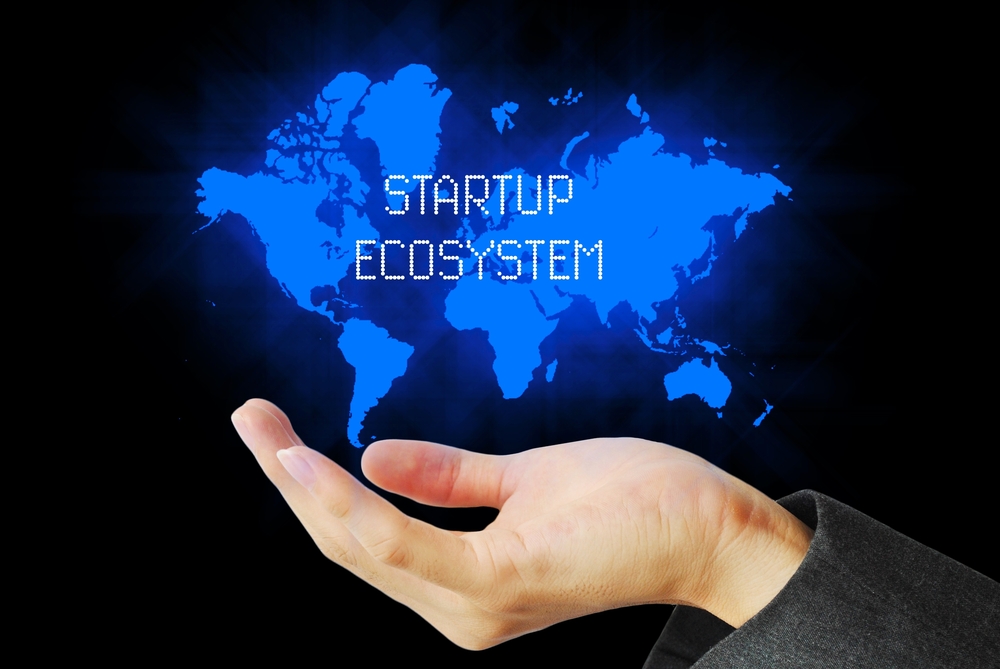Recognizing the importance of remodeling the country’s economy into a knowledge-based one, Banque du Liban’s (BDL) aims to provide funding and support for startups. BDL’s monumental initiative, BDL Circular 331, has played a substantial role in instigating Lebanon’s start up ecosystem, which has been thriving since BDL Accelerate 2014. The momentum has been evident across all stages of the start up ecosystem with the rise of more start up companies, dedicated investors, accelerators, enablers, and more.
During 2015, due to BDL’s initiative, BDL Circular 331, we have witnessed the rise of 3 new VC firms: Leap Ventures, Y Ventures, and Saned Ventures who aim to nurture early stage startups. Also attributed to BDL Circular 331, 6 new funds were established and larger funds than the previous years have been created. For instance, Berytech and MEVP have each created a $50 million venture capital fund, whilst Leap Ventures introduced a $71 million venture capital fund, in addition to other funds that have been springing.
At BDL Accelerate 2014, former UK Ambassador, Tom Fletcher, announced the launch of a new accelerator, UK-Lebanon Tech Hub, which has since been operating. Flat6Labs announce that they will be establishing a startup accelerator in Lebanon aiming to accelerate 100 budding startup companies within the next 5 years. Speed, also a startup accelerator, has started accepting applications for its first round.
We also observed the emergence of co-working spaces, innovation labs, and entrepreneurship programs providing the infrastructure for creative new ideas to flourish and develop into successful new businesses: AltCity’s Startup Bootcamp will accelerate 100 start ups per year; Le Wagon, a 9-week coding bootcamp; Fab lab, a digital fabrication laboratory that also offers workshops and research support.
Additionally, 2 institutions have been founded to create links with other startup ecosystems: UK-Lebanon Tech Hub and Startup Megaphone. UKLTH creates bridges between the local startups and the ecosystem in London. Startup Megaphone organizes international events and activities in key cities to showcase startups, investors and support institutions from Lebanon.
The Start Up event series was launched with a boom in The Plaza in New York City earlier this year; it was followed by another event in Singapore during the F1 Grand Prix. Both events brought together Lebanese entrepreneurs and investors from around the world with high profile start up ecosystem stakeholders. The interactions resulted in knowledge exchange, relationship building and partnership formation.
There have been two success stories recently that prove that it is possible to found your startup, scale it and eventually exit in Lebanon. Japan’s Cookpad acquired local startup, Shahiya, who had originally accepted a $500,000 funding from MEVP, for a reported $13.5 million. The other exit was to a French company, when Webedia acquired the digital media company, Diwanee.
Rasheed El Tayeb, Vice President at Booz Allen Hamilton added, “I believe that the next Alibaba or Google will come from the Middle East. Consumption of digital content per capita is among the highest in the world in parts of the MENA region. As our youngsters move from being tech savvy consumers to becoming producers, tech companies will increasingly emerge from this region.”
As seen in other emerging ecosystems, successful startups tend to give rise to multiple additional successful startups reinforcing the growth of the ecosystem. The Lebanese startup ecosystem has only started emerging and its future looks bright especially with the increase in amount of funding from $50 million to $200 million within one year.
 Lebanon is a country that is renowned for its excellent educational institutions, for its creative and design sector, its financial institutions, as well as its engineering sector. It’s a country filled with highly talented individuals who are entrepreneurial by nature.
Lebanon is a country that is renowned for its excellent educational institutions, for its creative and design sector, its financial institutions, as well as its engineering sector. It’s a country filled with highly talented individuals who are entrepreneurial by nature.

